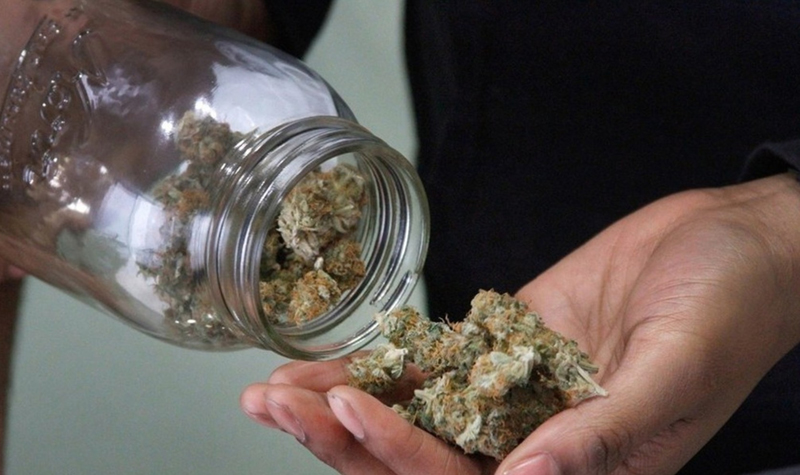
Massachusetts Dept. of Health Proposes Changes to State Medical Marijuana Program
The Massachusetts Department of Public Heath (DPH) could be making a couple of noteworthy amendments to the Bay State’s medical marijuana program — changes designed to make it easier for patients to be certified for medical marijuana use.
Among the proposed changes unveiled earlier this month are two key improvements to the program that will, if ultimately included in state regulations, have a direct impact on patients.
 The first is a proposed amendment to the state’s medical marijuana program that will allow a Certified Nurse Practitioner (CNP) to write patient recommendations. CNPs already provide prescriptions to patients for other [more traditional] medicines. Currently, only doctors in Massachusetts can write patient recommendations for medical marijuana.
The first is a proposed amendment to the state’s medical marijuana program that will allow a Certified Nurse Practitioner (CNP) to write patient recommendations. CNPs already provide prescriptions to patients for other [more traditional] medicines. Currently, only doctors in Massachusetts can write patient recommendations for medical marijuana.
Five states currently allow nurse practitioners to certify patients for medical marijuana use — New Hampshire, Vermont, Maryland, Minnesota and Washington.
“Although the law approved by voters in 2008 allowed up to 35 dispensaries initially, only seven have opened statewide thus far.”
In addition, CNPs would be allowed to be one of the two healthcare providers required to certify minors for medical marijuana, as long as the second certification was from the minor patient’s pediatrician.
Currently, dispensaries in the state are prohibited from advertising prices of medical marijuana in digital advertisements which can make it difficult for patients to perform searches based on price. The second proposed change to the program could fix this issue by allowing dispensaries to post prices of their offerings online — a move that would likely give patients on a budget the flexibility of shopping around for the best deals in their area.
Although the law approved by voters in 2008 allowed up to 35 dispensaries initially, only seven have opened statewide thus far. Three additional dispensaries are in the process of cultivating their first cannabis crops and have not yet opened. The Department of Public Health has registered over 175 dispensaries to date, with the majority still in various states of initial licensing. Once more dispensaries open, being able to post product prices on their websites will provide patients more flexibility, choices, and lower prices thanks to a healthy dose of competition.
“Before any of these changes are enacted, the Department of Public Health will schedule a public hearing on the proposed changes sometime this fall.”
The proposed regulations would also create a new “institutional caregiver” classification for healthcare providers working in nursing homes, hospice care facilities, and hospitals. These institutional caregivers would be in addition to the patient’s personal caregivers, such as family members. The DPH has proposed the new classification to address the “operational realities of facilitating the medical use of marijuana in an institutional setting and in a manner more akin to the administration of prescription medication for resident patients.” Institutional caregivers would most likely be registered nurses, certified nurses assistants (CNA), and other healthcare professionals working within these facilities.
Dispensaries would be allowed to make deliveries to these institutional caregivers under the proposed changes. Most states do not allow medical marijuana deliveries, but Massachusetts dispensaries can make deliveries to patients’ homes if they live too far from a dispensary or are unable to visit the dispensary due to medical reasons and/or financial hardship. Further more, dispensaries would be allowed to deliver medical cannabis to nursing homes, hospitals, hospice care facilities, and other medical institutions, in addition to patient’s homes. Other proposed changes call for enhanced product labeling, security regulations, and background checks for dispensary workers.
Before any of these changes are approved, the Department of Public Health, which oversees the state medical marijuana program, will schedule a public hearing on the proposed changes sometime this fall before presenting a final version of the proposed changes to the Public Health Council for approval.
The proposed rule changes are part of a broader initiative to review and update all public health regulations statewide.